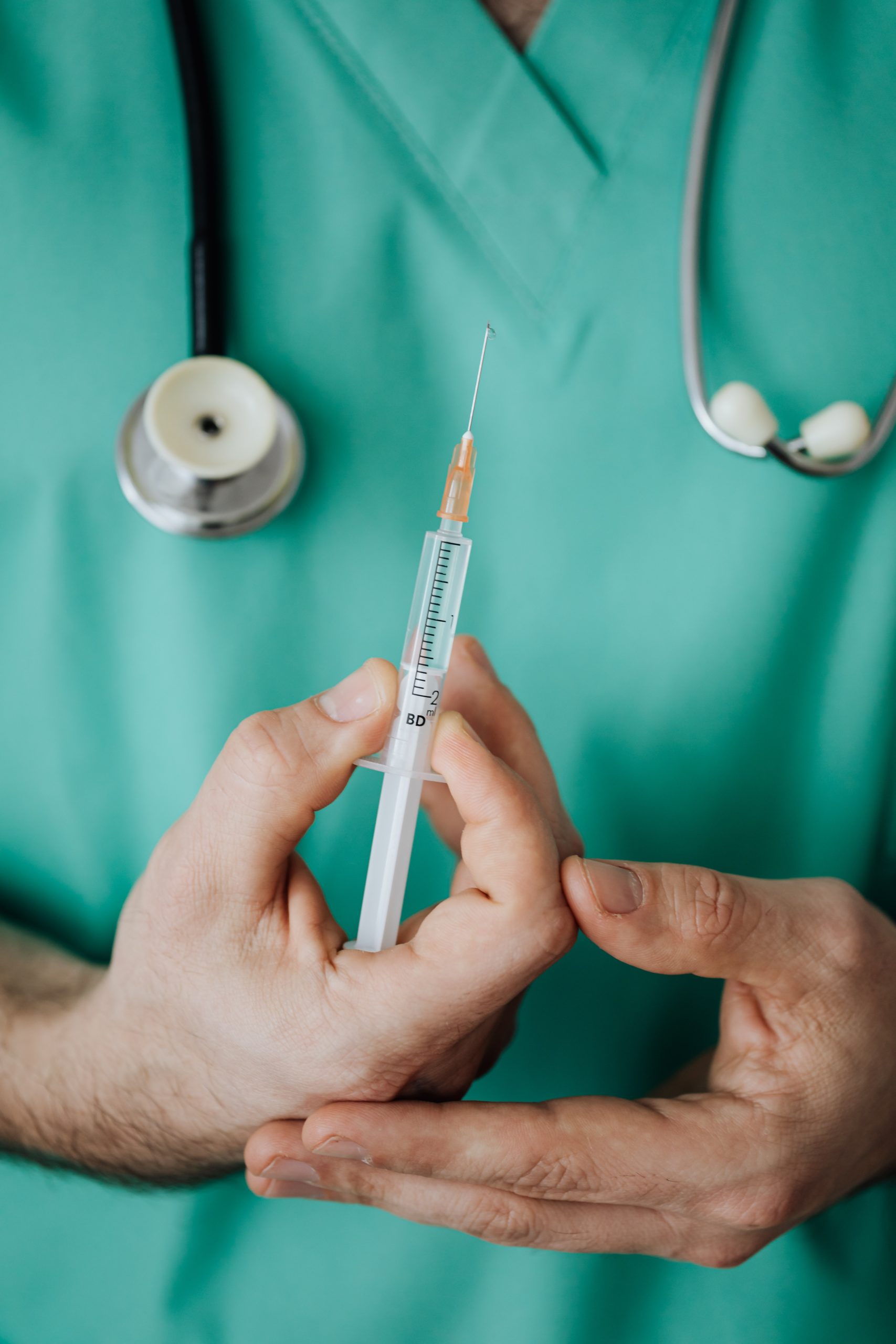Vaccines that safeguard against the coronavirus are on the way. So what should the elderly population expect? The initial candidates from Moderna and Pfizer might arrive before December 25th, according to Alex Azar, head of the United States Department of Health & Human Services.
Both vaccines are effective at preventing illness caused by COVID-19, according to data presented by both companies, even though most of the clinical trial data is yet to come. In addition, both vaccines have been tested in elderly adults 65 and older, producing a robust immune response.
Elderly residents in assisting living centers and nursing homes will be among the initial people in America to be vaccinated, following recent recommendations by a federal advisory panel. Elderly adults who live at home will have to wait a bit longer.
Many uncertainties still linger, like What side effects can elderly individuals expect and how frequently will they occur? Are the vaccines going to protect senior adults who have several chronic illnesses or who are frail?
Here is a look into what is known, what is not, and what lies ahead.
Decision-making timeline
A 15-member FDA advisory panel will review the vaccine by Pfizer on December 10th. The vaccine by Moderna is anticipated to go before the advisory board on December 17th.
About two days before every meeting, an FDA staff analysis will be made public. It’ll be the first chance to view extensive data regarding the vaccine’s performance in significant phase three clinical trials, which includes more data concerning their effect on elderly adults.
Thus far, summary outcomes disclosed in press releases indicate that the vaccine by Pfizer, made in partnership with BioNTech, has an efficacy rate of 95 percent and efficacy of 94 percent in those 65 and up. Moderna’s efficacy is 94 percent, with 87 percent in preventing moderate disease in seniors, according to Operation Warp Speed’s chief science adviser, Moncef Slaoui.
If the panel gives the green light, the U.S. Food and Drug Administration will decide whether they should authorize the Moderna and Pfizer vaccines for emergency usage within weeks or even days. Vaccine distribution has already started, and doctors are expected to begin immediately administering it after the U.S. Food and Drug Administration acts.
Who will get the vaccine first?
In an Advisory Commission on Immunization Practices meeting on December 1st, which guides the CDC on vaccines, specialists advised that those in long-term care (mainly assisted living facilities and nursing homes) and workers in health care be the first ones to receive vaccines.
It recognizes the burden of the virus in long-term care centers. Even though these residents represent fewer than 1 percent of the population of the U.S., they account for 40 percent of virus-related deaths — over 100,000 fatalities to date.
The decision by the commission comes despite a lack of proof that Moderna’s and Pfizer’s vaccines are safe and effective for vulnerable, frail elderly residents in long-term care. In this population, the vaccines weren’t tested. Federal officials insist that side effects are going to be monitored carefully.
For more news stories like this, stay tuned to our blog, as Optimum Personal Care offers the latest news on COVID-19 and its impact on the elderly population.


